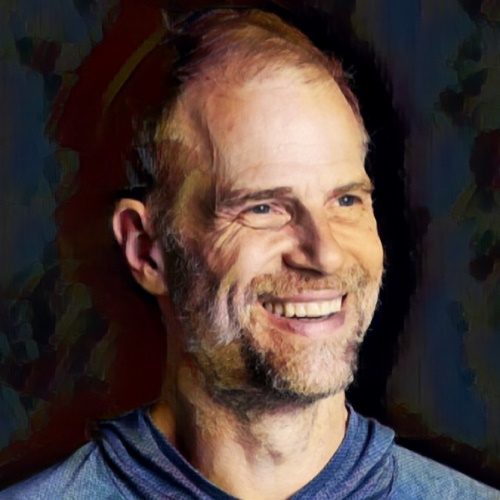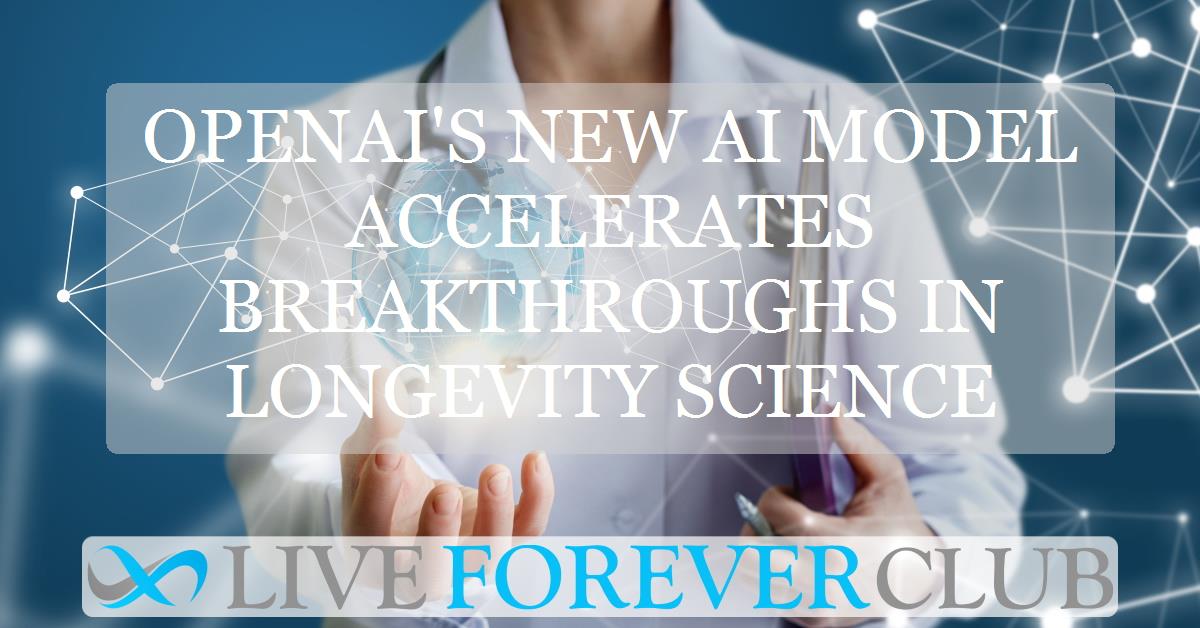Key points from article :
OpenAI has entered the field of longevity science with a new AI model designed for protein engineering. Named GPT-4b micro, the model focuses on redesigning Yamanaka factors—proteins capable of reprogramming regular cells into stem cells. These proteins are crucial for breakthroughs in anti-ageing research, including cell rejuvenation and organ regeneration. The model's collaboration with Retro Biosciences, a longevity-focused company funded by OpenAI CEO Sam Altman, has yielded promising results, making the Yamanaka factors over 50 times more effective in early tests.
Unlike Google’s AlphaFold, which predicts protein shapes, OpenAI’s model proposes modifications to protein sequences. Using data on protein interactions across species, the AI offers redesigns that significantly improve the function of Yamanaka factors. Retro scientists applied these AI-generated suggestions in laboratory experiments, achieving substantial enhancements in stem cell production efficiency. Harvard ageing researcher Vadim Gladyshev emphasized the importance of such advancements, particularly in addressing the challenges of reprogramming different cell types and species.
Key figures in this collaboration include OpenAI researchers John Hallman and Aaron Jaech, along with Retro's CEO Joe Betts-Lacroix and scientist Rico Meinl. The project demonstrates OpenAI’s intent to advance scientific discovery, though the results await peer-reviewed publication. While Altman was not directly involved in the work, his dual role as a significant investor in Retro raises questions about potential conflicts of interest, even as the collaboration boosts Retro's profile and credibility in longevity science.









